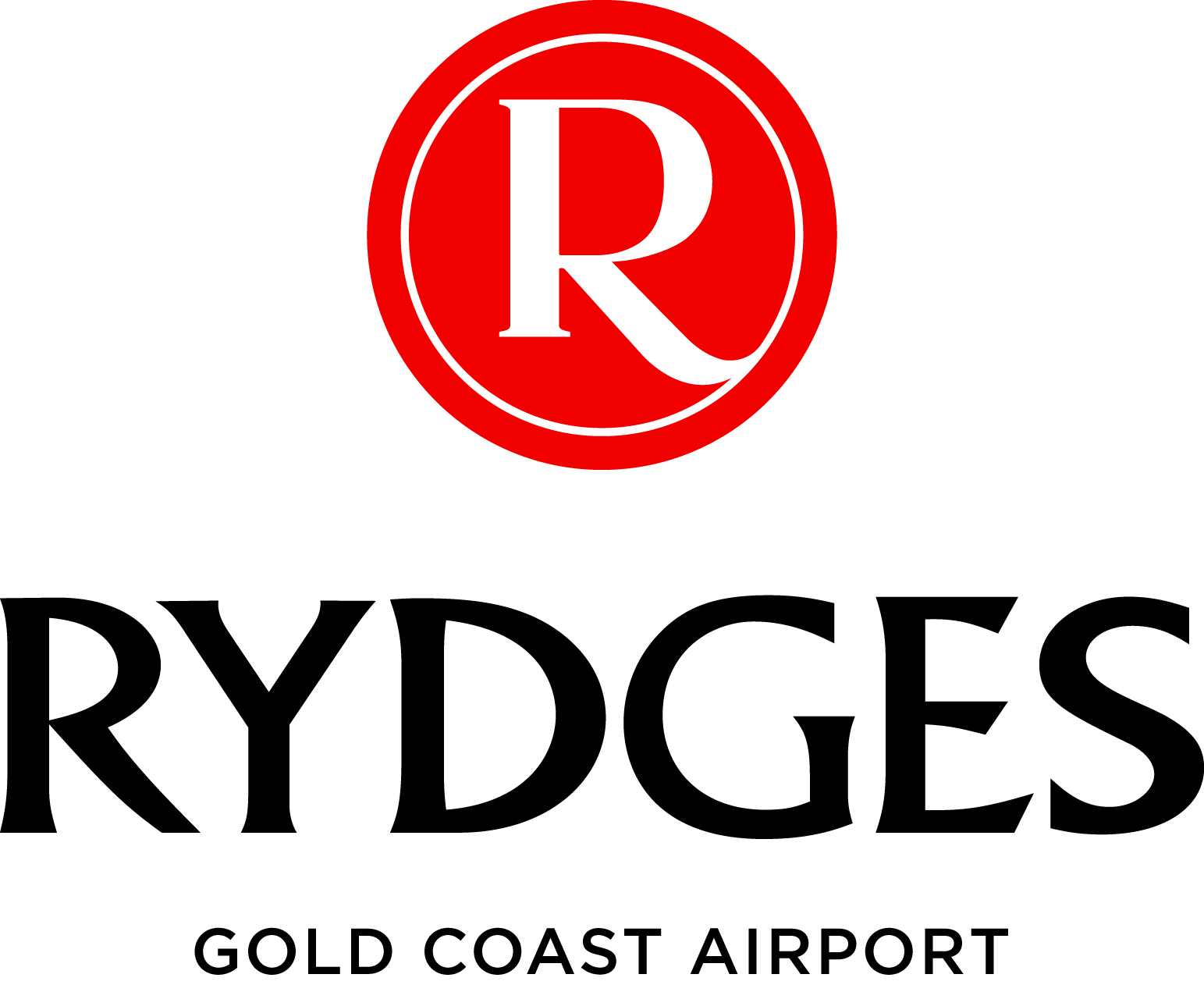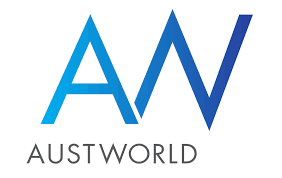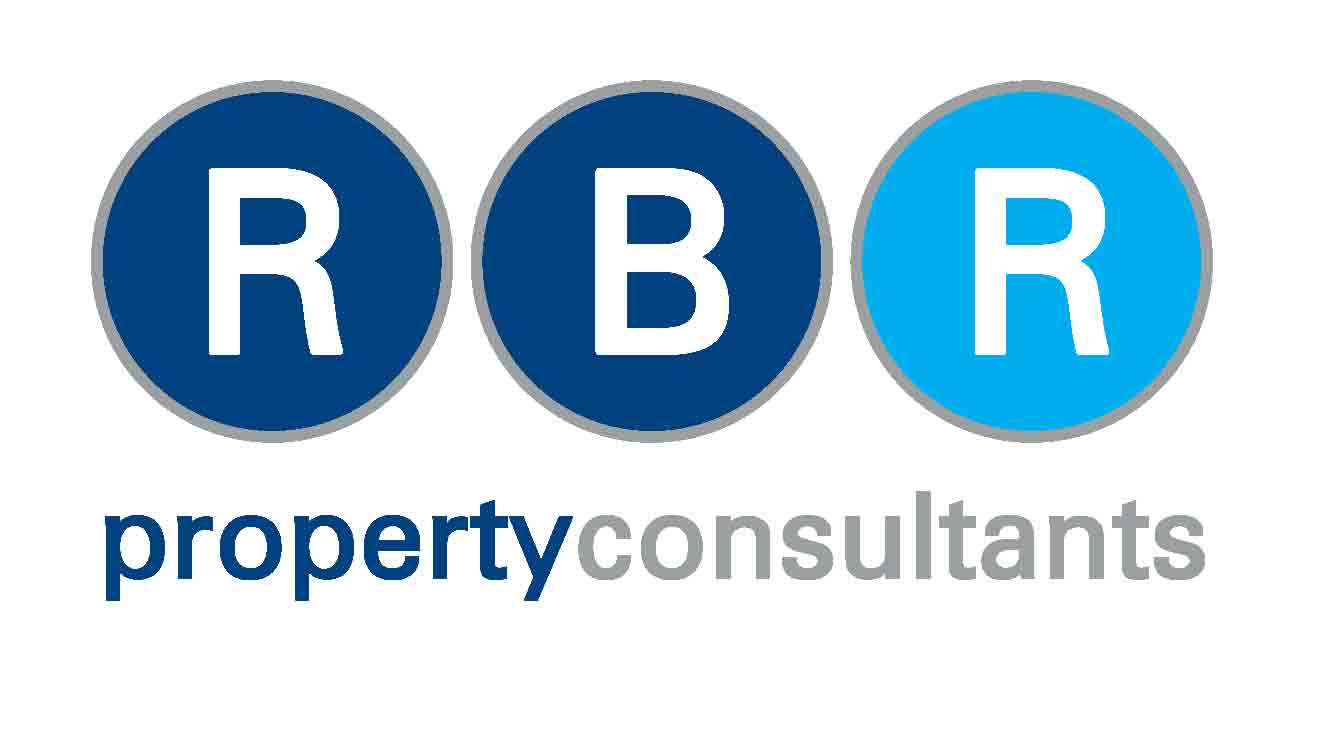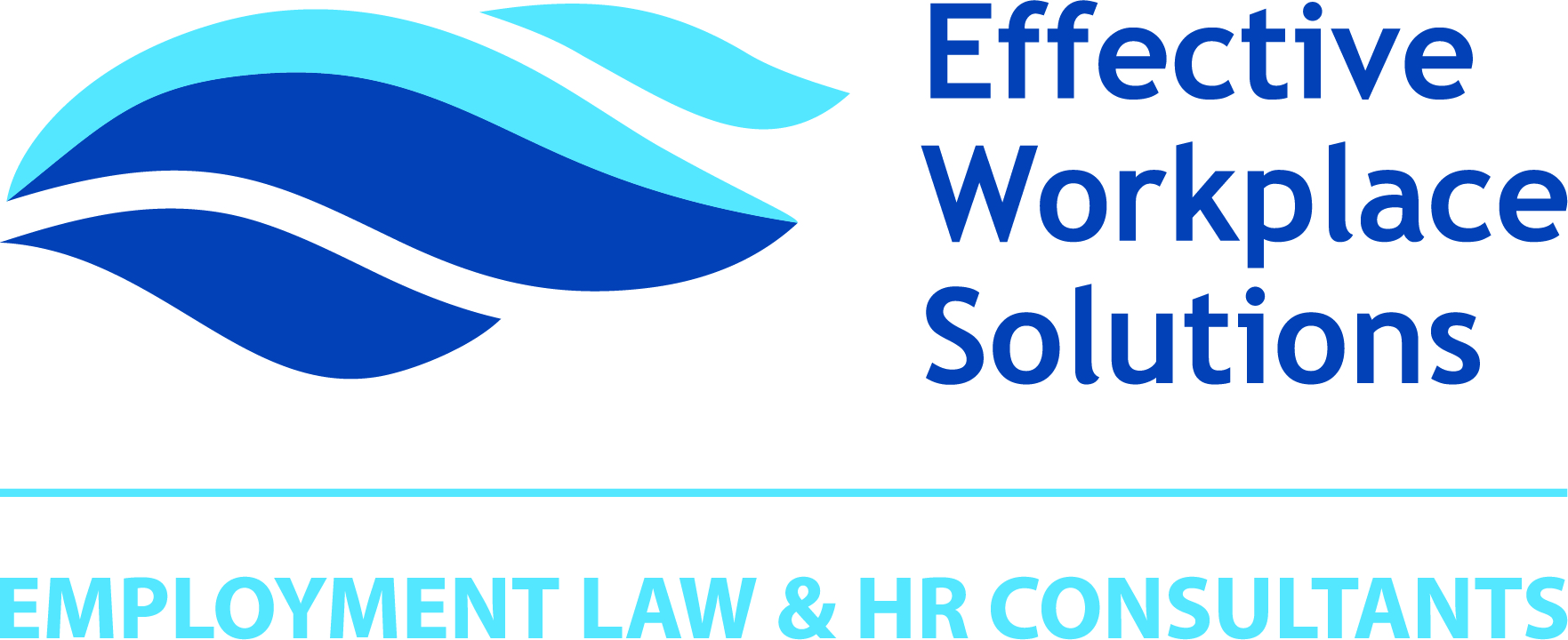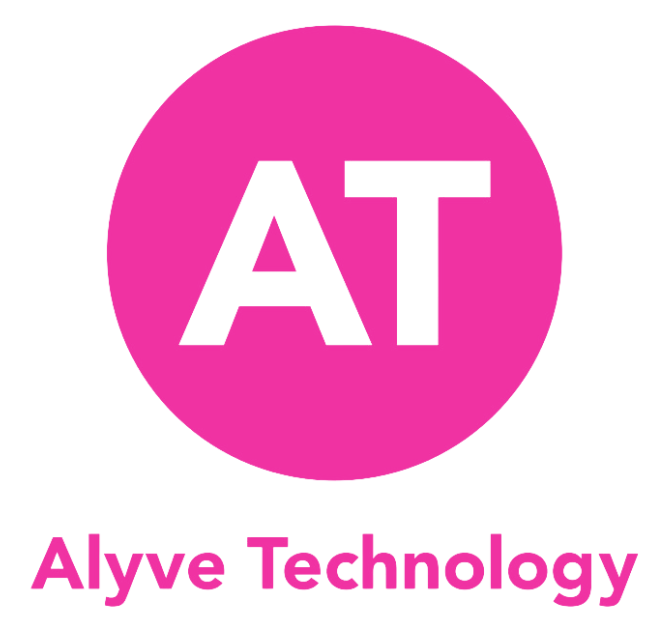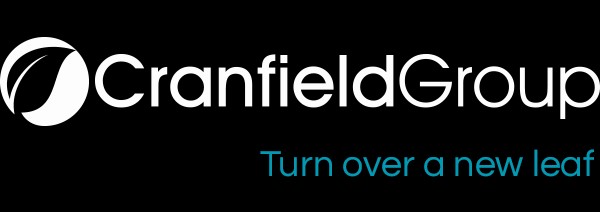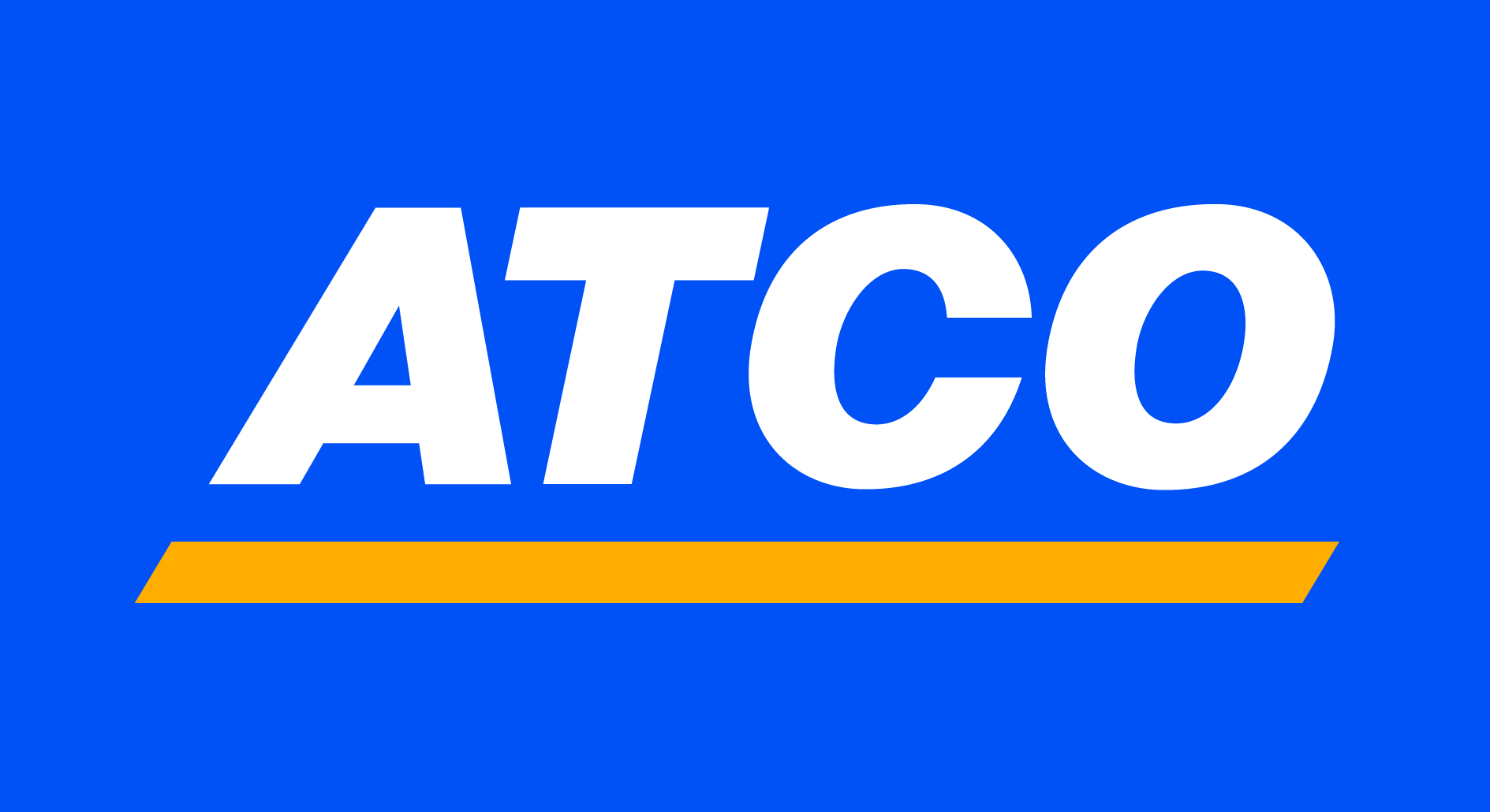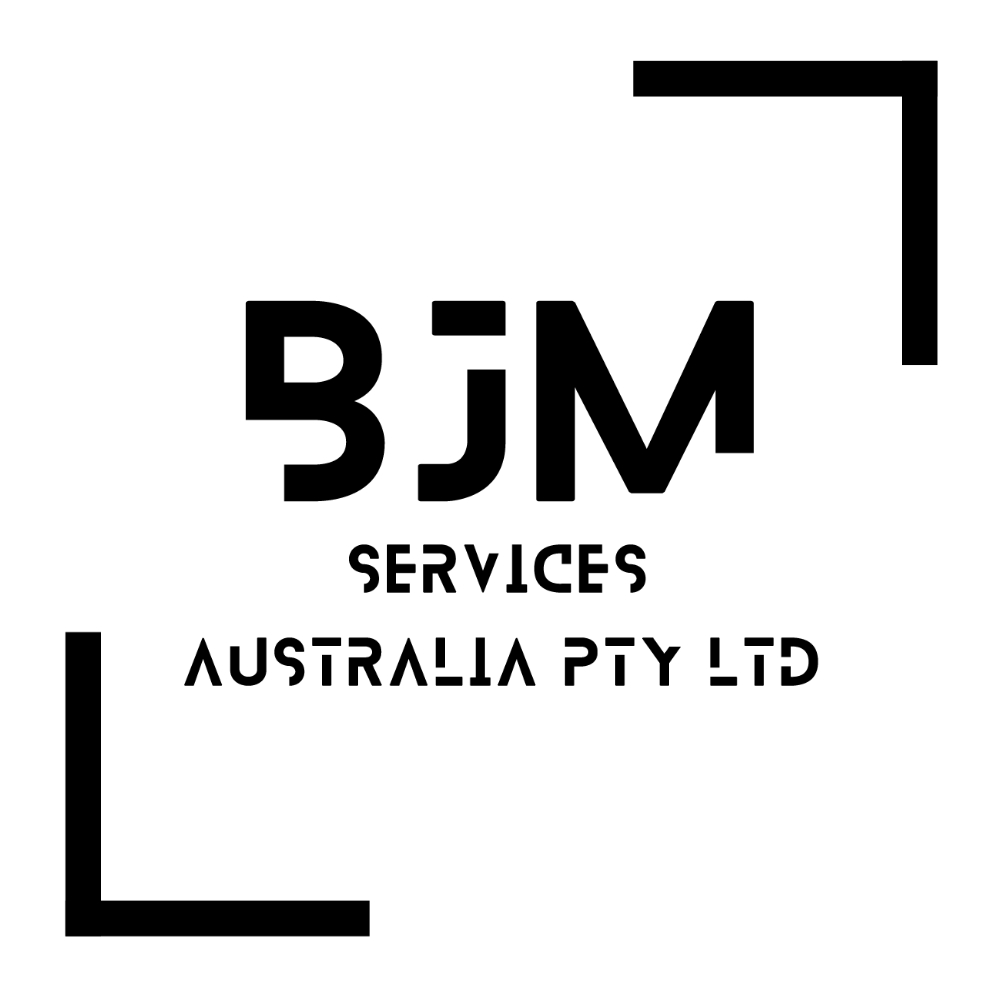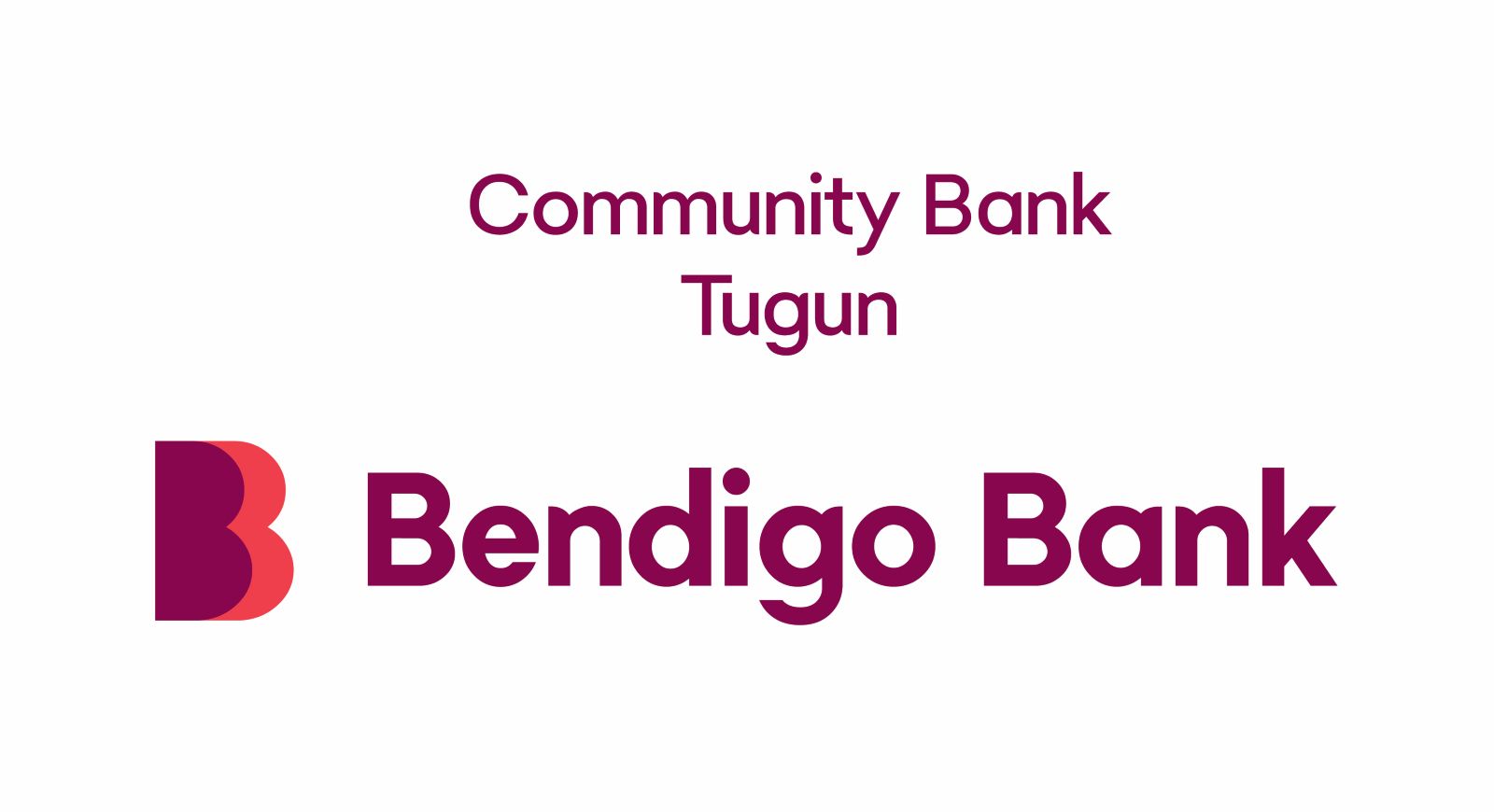Federal Budget 2025: The Good, the Bad, and the Ugly for Southern Gold Coast Businesses
The 2025 Federal Budget introduces several measures that will impact businesses on the southern Gold Coast. Here's a breakdown of the good, the bad and the ugly.
The 2025 Federal Budget has been unveiled, bringing with it a mix of promising opportunities and notable challenges for businesses in the southern Gold Coast region. As the local economy continues to evolve, it's crucial for business owners to understand how these new measures may impact their operations. While some initiatives offer promising opportunities, others present challenges that require careful navigation. Here's an in-depth analysis of the budget's components:
The Good
Energy Bill Relief: The government is extending energy bill relief until December 31, 2025, providing eligible small businesses with up to $150 in rebates directly off their bills. This initiative aims to alleviate some of the financial pressures associated with rising energy costs.
Energy Efficiency Grants: An allocation of $56.7 million has been made for Energy Efficiency Grants, offering up to $25,000 per business to fund energy upgrades such as replacing inefficient appliances and improving heating systems. This program is expected to assist over 2,400 small and medium-sized enterprises in reducing operational costs and enhancing sustainability.
Personal Income Tax Cuts: The budget outlines reductions in the personal income tax rate for incomes between $18,201 and $45,000. The rate will decrease from 16% to 15% on July 1, 2026, and further to 14% on July 1, 2027. These cuts are designed to increase disposable income for low- and middle-income earners, potentially boosting consumer spending.
The Bad
Modest Impact of Tax Cuts: While tax reductions are generally welcomed, the actual benefit to individuals may be limited. For instance, a worker earning an average income is projected to save about $268 annually starting in 2026, increasing to $536 by 2027. These modest savings are unlikely to significantly boost consumer spending as intended.
Delayed Implementation of Tax Cuts: The phased approach to implementing tax cuts means that the full benefits won't be realized until 2027. This delay may dampen the immediate positive impact on consumer spending and economic stimulation.
Limited Scope of Energy Rebates: The $150 energy rebate, while helpful, may be insufficient for businesses facing substantial energy costs. The limited amount may not provide significant relief for energy-intensive operations.
The Ugly
Ban on Non-Compete Clauses: The government's plan to prohibit non-compete clauses for employees earning less than $175,000 annually has sparked debate. While the intention is to promote job mobility and wage growth, the Southern Gold Coast Chamber of Commerce remains concerned about potential negative impacts on investment in employee training and the safeguarding of proprietary information.
Potential for Increased Employee Turnover: With the removal of non-compete clauses, businesses may experience higher employee turnover rates, leading to increased recruitment and training costs. This could particularly affect industries where specialized skills are essential.
Ambiguity in Implementation Details: The budget lacks specific details on how the ban on non-compete clauses will be enforced and what exceptions, if any, will be made. This uncertainty can create challenges for businesses in planning and compliance.
Assessment of Local Impact
For businesses in the southern Gold Coast, these budget measures present a mixed bag of opportunities and challenges. Energy rebates and efficiency grants can aid in reducing operational costs, while tax cuts may slightly boost consumer spending, benefiting local businesses. The modest nature of the tax cuts and energy rebates may limit their effectiveness. Additionally, the ban on non-compete clauses could lead to increased employee turnover and associated costs.
In conclusion, while the 2025 Federal Budget offers some initiatives that could benefit southern Gold Coast businesses, it also introduces elements that may require strategic adjustments. Businesses should stay informed and consider proactive measures to navigate these changes effectively.

Zac Revere
President | Southern Gold Coast Chamber of Commerce
president@sgc.org.au

.jpg)

